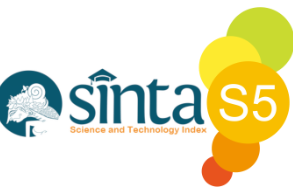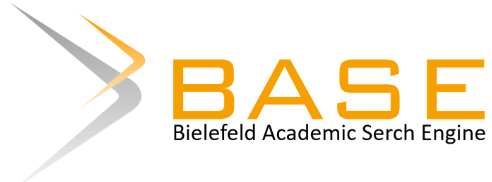Abstract
The Main Partner of Customs, which was implemented in 2015, aims to reduce dwelling-time rates, decrease logistics costs, and appreciate companies with good tax compliance. On the other hand, dwelling-time figures have not shown a significant decline in numbers with all the facilities provided. This study examines the Main Partner of Customs policy regarding the cost of taxation perspective at Tanjung Priok Port. The discussion of this research focuses on the burden carried by both the policymaker and the company. This research was conducted through a quantitative approach with a post-positivist paradigm. The data collection techniques for this research are literature studies and field observation through in-depth interviews, where the research results are analyzed using qualitative data analysis techniques. This study indicates that the Main Partner of Customs policy becomes more efficient when considered from administrative cost. The division of authority and duties in the administrative process, simplification of policies and administration, and division of workload between the Directorate General of Customs and Excise and client coordinators at ports can reduce the administrative burden from the government side. In terms of compliance costs, the Main Partner of Customs policy is considered to reduce the burden on the company in terms of time and encourage the improvement of the company's quality in completing customs obligations. However, psychological challenges remain in the path of its implementation. According to the findings, there is a need for an alternative application for companies who wish to become the Main Customs Partner so that the process of selecting the Main Customs Partner is fair. In addition, the issue of legal certainty in this policy can be improved by adopting one-stop coordination with relevant Ministries/Agencies regarding prohibitions and restrictions on export-import activities.
Bahasa Abstract
Kebijakan Mitra Utama (MITA) Kepabeanan yang mulai diterapkan pada tahun 2015 ditujukan untuk menurunkan angka dwelling-time, mengurangi biaya logistik, dan mengapresiasi perusahaan yang memiliki kepatuhan pajak yang baik. Di sisi lain, angka dwelling-time belum menunjukkan penurunan angka secara signifikan dengan segala kemudahan fasilitas yang diberikan. Penelitian ini bertujuan untuk menganalisis kebijakan MITA Kepabeanan ditinjau dari perspektif cost of taxation di Pelabuhan Tanjung Priok. Pembahasan dari penelitian ini terfokus pada beban yang ditanggung baik dari sisi pembuat kebijakan maupun perusahaan. Penelitian ini dilakukan melalui pendekatan kuantitatif dengan paradigma post-positivist. Teknik pengumpulan data penelitian ini berupa studi literatur dan studi lapangan melalui wawancara mendalam, dimana hasil penelitian dianalisis melalui teknik analisis data kualitatif. Hasil penelitian ini menunjukkan bahwa kebijakan MITA Kepabeanan menjadi lebih efisien jika ditinjau dari aspek administrative cost. Pembagian wewenang dan tugas dalam proses administrasi, simplifikasi kebijakan dan administrasi, dan pembagian beban kerja antara Direktorat Jenderal Bea dan Cukai dan client coordinator di pelabuhan dapat mengurangi beban administrasi dari sisi pemerintah. Ditinjau dari aspek compliance cost, kebijakan MITA Kepabeanan dianggap dapat menghemat beban perusahaan dari sisi waktu, mendorong peningkatan kualitas perusahaan dalam pemenuhan kewajiban kepabeanan, walaupun masih terdapat hambatan psikologis dalam pelaksanaannya. Penelitian ini menyarankan perlu adanya alternatif permohonan bagi perusahaan yang ingin menjadi Mitra Utama Kepabeanan agar terdapat transparansi dalam proses penunjukan Mitra Utama. Selain itu, isu kepastian hukum dalam kebijakan ini dapat ditingkatkan dengan penerapan koordinasi secara satu pintu dengan Kementerian/Lembaga terkait mengenai larangan dan pembatasan dalam aktivitas ekspor-impor.
Recommended Citation
Murwendah, Murwendah and Tsanymahdy, Muhammad Raihan
(2021)
"PENERAPAN KEBIJAKAN FASILITAS MITRA UTAMAKEPABEANAN: MAMPUKAH MENURUNKAN COST OF TAXATION?,"
Jurnal Vokasi Indonesia: Vol. 9:
No.
1, Article 4.
DOI: 10.7454/jvi.v9i1.242
Available at:
https://scholarhub.ui.ac.id/jvi/vol9/iss1/4
Included in
Accounting Commons, Arts Management Commons, Business Administration, Management, and Operations Commons, Business Analytics Commons, Educational Administration and Supervision Commons, Insurance Commons, Tourism and Travel Commons








